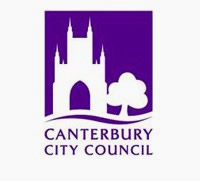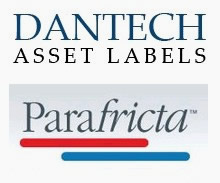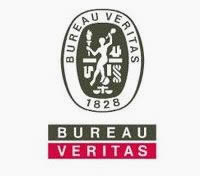Eco-Camping And You – Choosing an Environmentally Friendly UK Campsite
28/12/2011
The UK is blessed with an enormous variety of campsites. Whether you want a basic spot in a field somewhere or home-away-from-home style holiday park, you’re bound to find something to suit you. Where do you start, though, if you are looking first for an environmentally friendly holiday? How do you pick an ecologically sound campsite from a litterbug resort? Statistics show that nearly 70% of the UK population will make a “green” choice if given the option, so let’s look at ways in which you can evaluate a potential campsite and pick out the eco-option.
Recycling
Although most UK households now do this, a lot of businesses – and campsites – still do not supply recycling points along with their normal dustbins. As well as being irritating for those who are accustomed to separating their waste, this is a definite no-no if you’re looking for an environmentally-friendly holiday. Look out for recycling points provided around the site – the more the merrier – and see if they offer any incentives for campers who produce minimal landfill waste.
Local Produce
Trying out regional foods (and other goods) - which are supremely eco-friendly as they are supplied more or less directly from their sources - is one of the great highlights of camping anyway, and any site which endorses this approach is probably well on the way to an all-round greener outlook. Many sites will display signs or messages announcing that they are “proud to source/sell local produce” or similar. Some will link up with local small businesses and offer discounts or special offers for their campers, while others go a step further to grow their own vegetables or even bake their own bread.
Renewable Energy
Long gone are the days when a cranky diesel generator or a straight plug into the mainline were the only power options at modern campsites. Increasing numbers of site owners are tapping into solar and wind power, especially in areas where these environmentally-sensitive power sources are very efficient thanks to local weather conditions. Some use such methods for powering the entire site while others are limited to using them to “top up” mainline power supplies for services like showers or lighting, but both versions reduce energy usage so are big plus points when looking for an ecological site.
Backpacking Rates
A few campsites have started to offer special discounted rates to campers who arrive on foot or by bicycle with only the contents of their backpack to their name. So-called “backpackers” are good news for eco-campsite owners as they tend to bring smaller tents, take up less space and do less damage to the land as they don’t have cars with them. Many backpackers are also a lot more likely to buy local produce rather than heading for a supermarket, and they often utilise public transport as well. Any campsite which offers “backpacker rates” is likely to be thinking in an environmentally sound way.
Wildlife Programmes
A lot of campsites work to develop areas of wild flowers and encourage natural habitats for animals on their land. You’ll often see these promoted with walks, tours, interpretation boards, maps and even guided walks or “nature trails” which are great fun for both adults and children. Campsites which embrace bio-diversity are normally thinking carefully about the environment in all aspects of their site.
Biodegradable and Enviro-safe Chemicals
Campsites which are located in appealing areas such as farmland, national parks or just locations with an impressive view often put a lot of pressure on the environment. Imagine what happens when hundreds of campers come to visit – all of them are having showers, washing up their dishes, using the toilets etc. This can produce a lot of biochemical waste, so look out for campsites who source and encourage the use of biodegradable cleaners and other chemicals. Think carefully when you are packing for your trip, too – never mind what you’re able to bring, think more about what you actually will need.
Public Transport
A sensible campsite will be located near good public transport links such as bus and train stations, and actively encourage campers to use them. A lot of sites will have “car-free day trip” ideas in the form of local information leaflets or town noticeboards which can be a great source of ideas for things to do during your stay. One popular method is a one way walk, where you get the bus to a beach or other attraction and then hike back (or vice versa), or some places will give discounted entry fees or other offers to certified campers who come from certain sites that are friendly with the local community.
If you're a camper or a campsite owner looking for some good ideas on making your camp infrastructure more eco-friendly, visit Fitzpatrick Woolmer at www.fwdp.co.uk for some sound eco-friendly signage and park furniture ideas, including recycled plastic signs and their groundbreaking n-viro panels range.

























